Fayetteville's Black Spaces: The '70s and '80s clubs that brought big music stars to the city
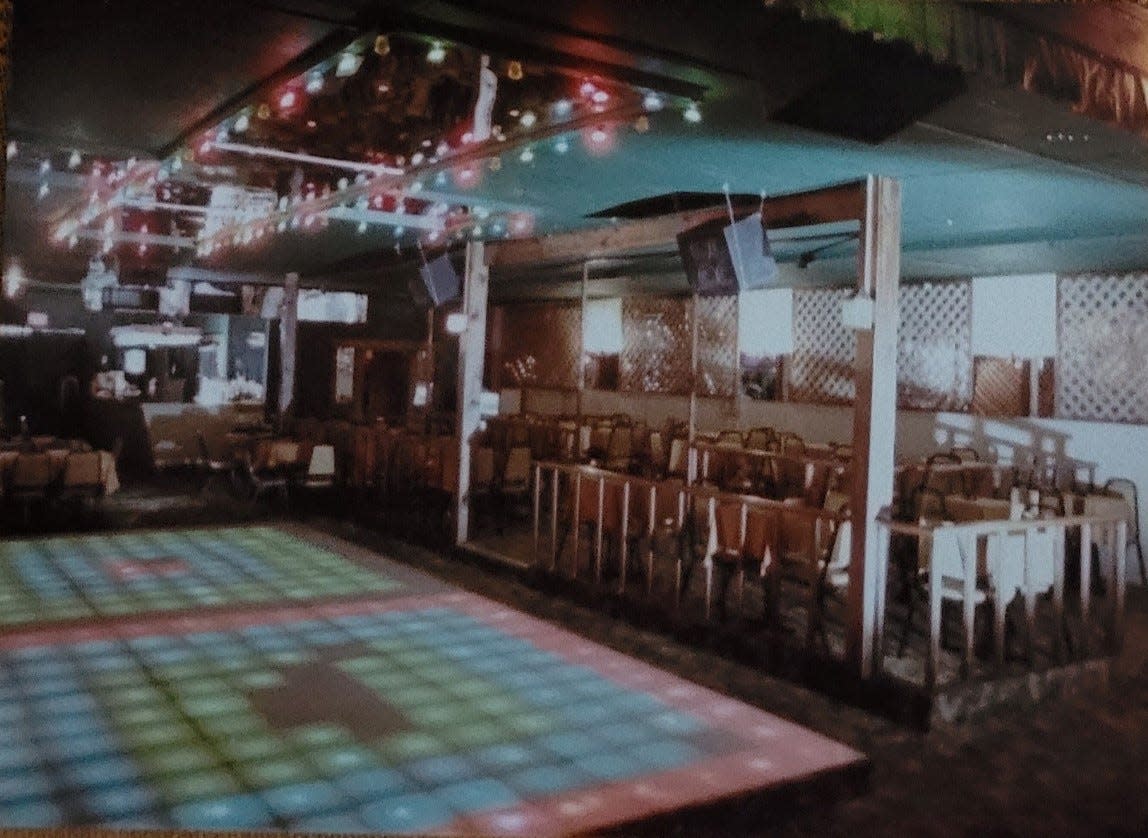
Editor's note: This story had been updated to reflect that the dance floor pictured is at the former Mr. P's nightclub.
As disco swept the nation in the 1970s, the beat-driven dance music also found a home in Fayetteville.
And the dance floor at Delmont Disco Club on Belt Boulevard was the place to be on a night out.
Delmont was just one of several Black-owned clubs in Fayetteville that set the nightlife scene ablaze at the time.
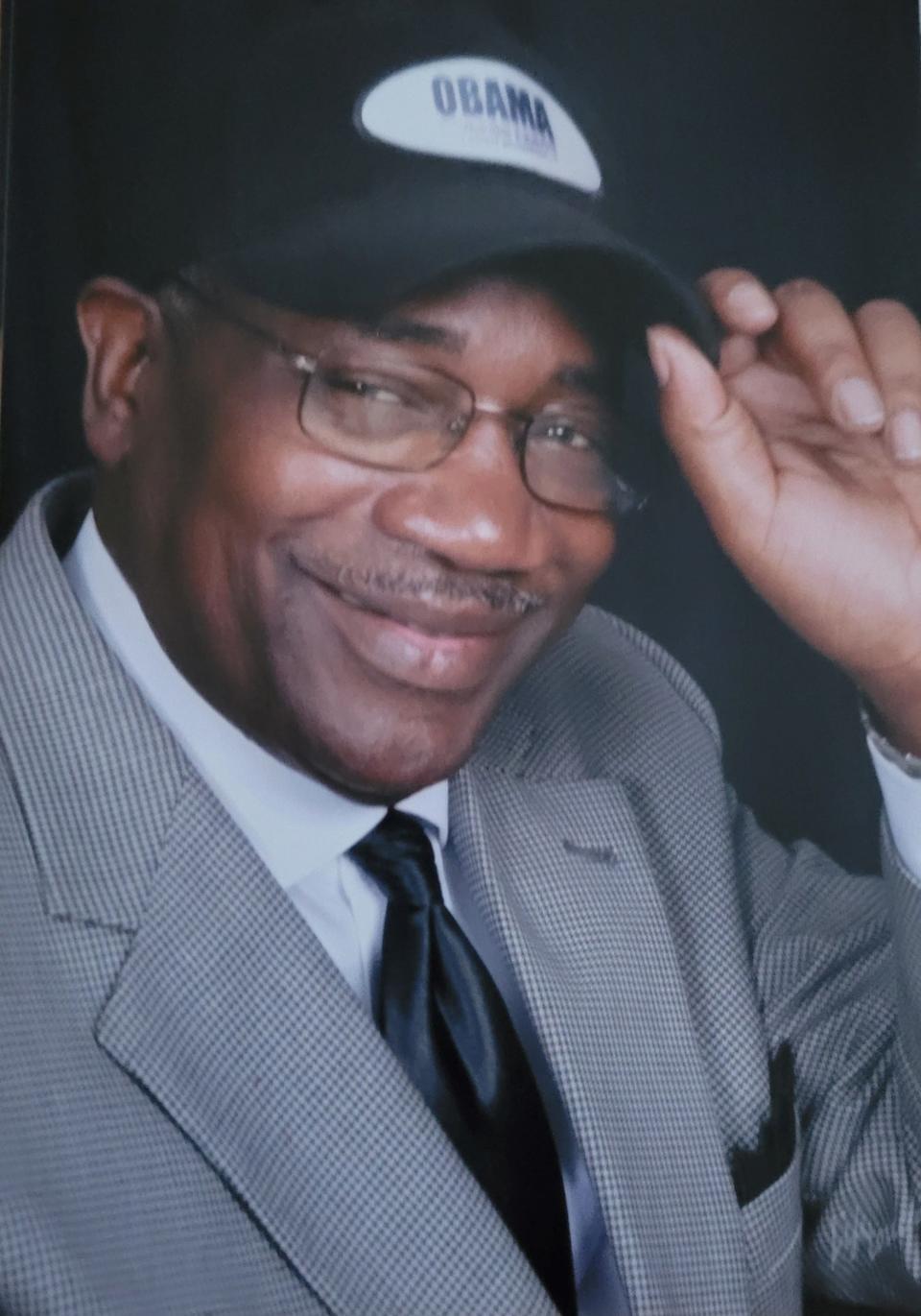
Owner Robert “Pouncho” Smith said the nightly crowd of mostly young Black professionals was “electric.”
Smith, 75, said hundreds would turn up at the nightclub every Wednesday through Saturday night, each one dressed to the nines and donning dance shoes.
Well-known local DJs like Dr. Don Reid took to the turntables, as disco-goers danced the Hustle into the wee hours of the morning.
Put simply, as Smith did: “It was just fun.”
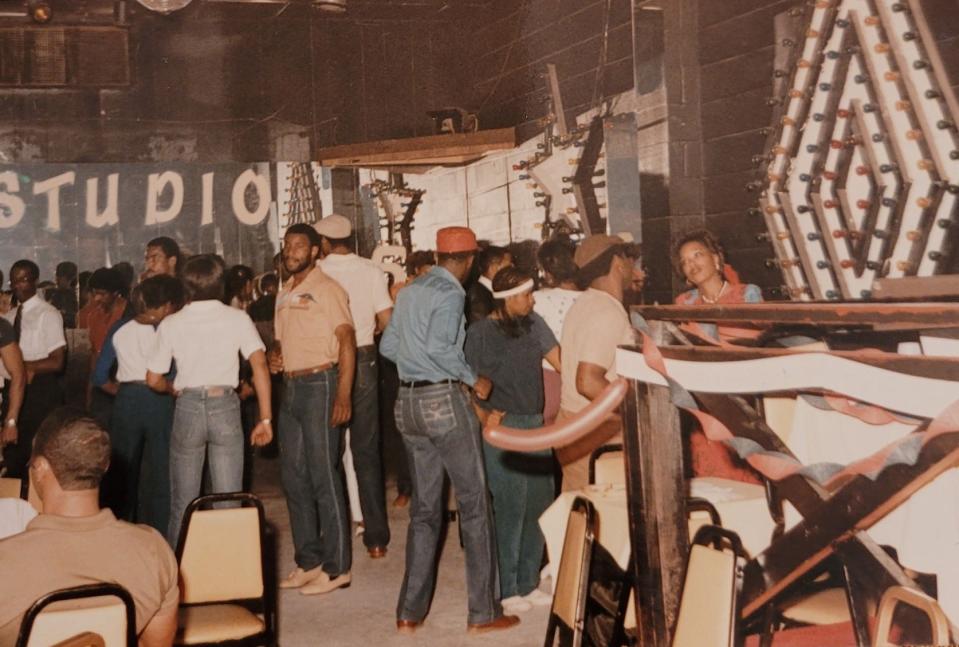
More on this series: What are Fayetteville’s Black Spaces? Our series will take a look
His career followed in the footsteps of his father, who owned and operated Fayetteville “juke joints,” which Smith described as hole-in-the-wall hangouts where people played music, drank and danced.
Smith sold the Delmont Disco Club in 1980 and went on to own and operate several other nightclubs around the city in the ‘80s and ‘90s: Studio 105 on Murchison Road, which later became Big P’s; Mr. P’s, near Rhudy’s Pawn Shop on Murchison Road; and H&M on Rowan Street.
Some of his clubs hosted live entertainment, bringing in such national acts as The Manhattans, Regina Belle and Lillo Thomas.
Soldiers, sorority sisters, politicians, teachers and lawyers were regulars, Smith said, but his establishments weren’t the only popular late-night spots in Fayetteville at the time. He said his patrons also frequented clubs owned by NFL player and legislator Luther “Nick” Jeralds and musician Larry Akles.
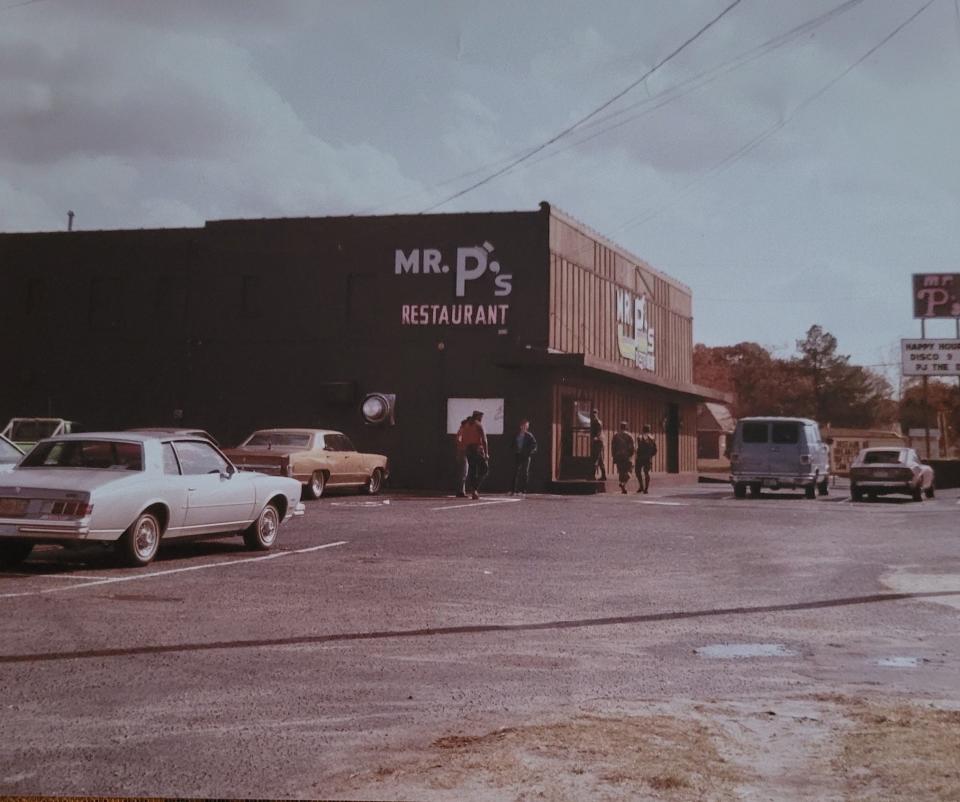
Chocolate Buttermilk Band member made a mark on '80s nightlife
Akles, 76, also brought some of the biggest names in music to the Fayetteville clubs he owned from the late ‘70s to early ‘90s.
He first opened Latrapp on Bragg Boulevard in 1978, but a furnace fire forced him to move the club to Wilmington Street two years later. He called the short-lived spot Latrapp Lounge and closed it the following year.
Around 1986, he opened Larry’s Latrapp at a former Gold’s Gym in Bonnie Doone, which closed about two years later when he opened Lashaka on Bragg Boulevard, across from Sycamore Square Shopping Center.
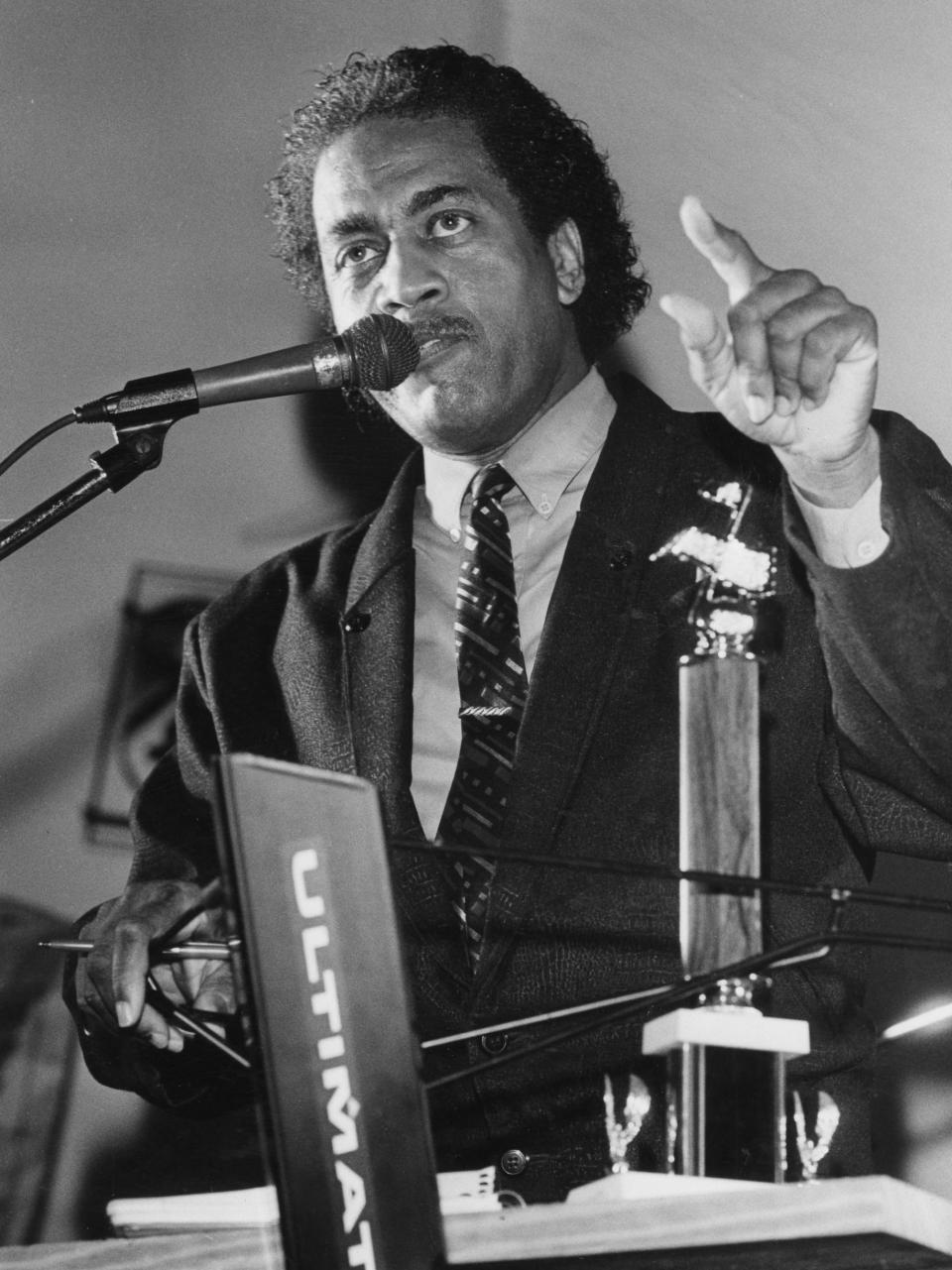
Fayetteville's Black Spaces: Will we ever again see a place like the iconic Vick's?
Weekly talent shows and ugly man contests were popular, but his Sunday night shows featuring artists like the Chi-Lites, Shirley Murdock and Zapp drew crowds of up to 1,700 people, Akles said.
The club had a safe and welcoming vibe that attracted people of all ages, occupations and ethnicities, he said.
“During that time, the Black men with white wives and the white men with Black wives would come and they felt safe,” Akles said. “It was a mixed crowd because I had good shows.”

The Air Force veteran, however, might be best known in the ‘Ville for his own musical talent. When Akles was stationed at Fort Liberty, then known as Fort Bragg, in 1972 after returning from service in Vietnam, he helped start the Chocolate Buttermilk Band.
Except for a white bass player, the band members were Black.
“That’s why we were called Chocolate Buttermilk,” Akles explained.
The band still performs today, both on its own and with other artists. The group has played backup for several Southern soul stars: Chuck Jackson, Clarence Carter, Joe Tex, Roy C, Lenny Williams, The Love Doctor, and most recently, the Temptations Revue featuring Nate Evans.
Since his stint in the Fayetteville nightlife business, Akles has returned to his home state of Alabama but some of his bandmates are still local. They’ve recently returned to perform at such events as Fayetteville State’s homecoming, E.E. Smith reunions and shows at the Crown Complex.
But Smith said the venues like the ones he owned are a thing of the past.
“They really don't have no big club in Fayetteville no more,” he said. “They got sports bars, but they don't have no place where they can have shows like I did.”
Fayetteville's nightlife looks a little different now
Of course, Fayetteville’s nightlife scene hasn’t disappeared — the last few years have brought several Black-owned bars to the city, like Livery Cigar Emporium, Bruce’s Sport Block and Lounge, The Sip Room and Cru Lounge, all downtown.
One that might have the most similar vibe to its ‘80s predecessors, however, is Marley’s Cafe & Lounge, which opened in 2020 on Yadkin Road.
Black Tastemakers: African Americans in the Fayetteville food scene to watch
On a typical Friday or Saturday night, the house band plays a mix of R&B, jazz, neo-soul and reggae tunes for a crowd of mostly Black professionals as they sip craft cocktails and move their feet to the beat, owner Darren Donovan said.
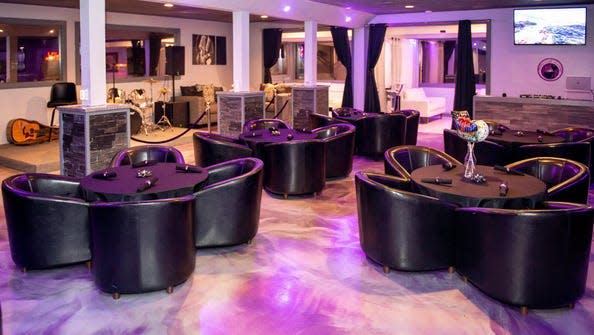
There’s karaoke with the band on Tuesdays, Latin night on Thursdays, and a full dinner menu with dishes like wings, burgers, quesadillas, pasta and shrimp and grits made from scratch, he said.
Donovan, 39, said he opened the lounge after retiring from the Air Force because he felt Fayetteville needed a place for mature, business-minded people to connect and relax.
“The feedback that I get is that there’s nowhere like Marley’s,” he said. “It’s a little different than anything else we have in town.”
He said he hopes to grow the business to attract national talent and draw large crowds to the nightclub.
If he does, it might give Fayetteville a taste of the good old days.
Taylor Shook writes about food, dining and culture for The Fayetteville Observer. She can be reached at tshook@gannett.com or on Facebook.
This article originally appeared on The Fayetteville Observer: Black-owned '70s, '80s clubs brought music stars to Fayetteville, NC

